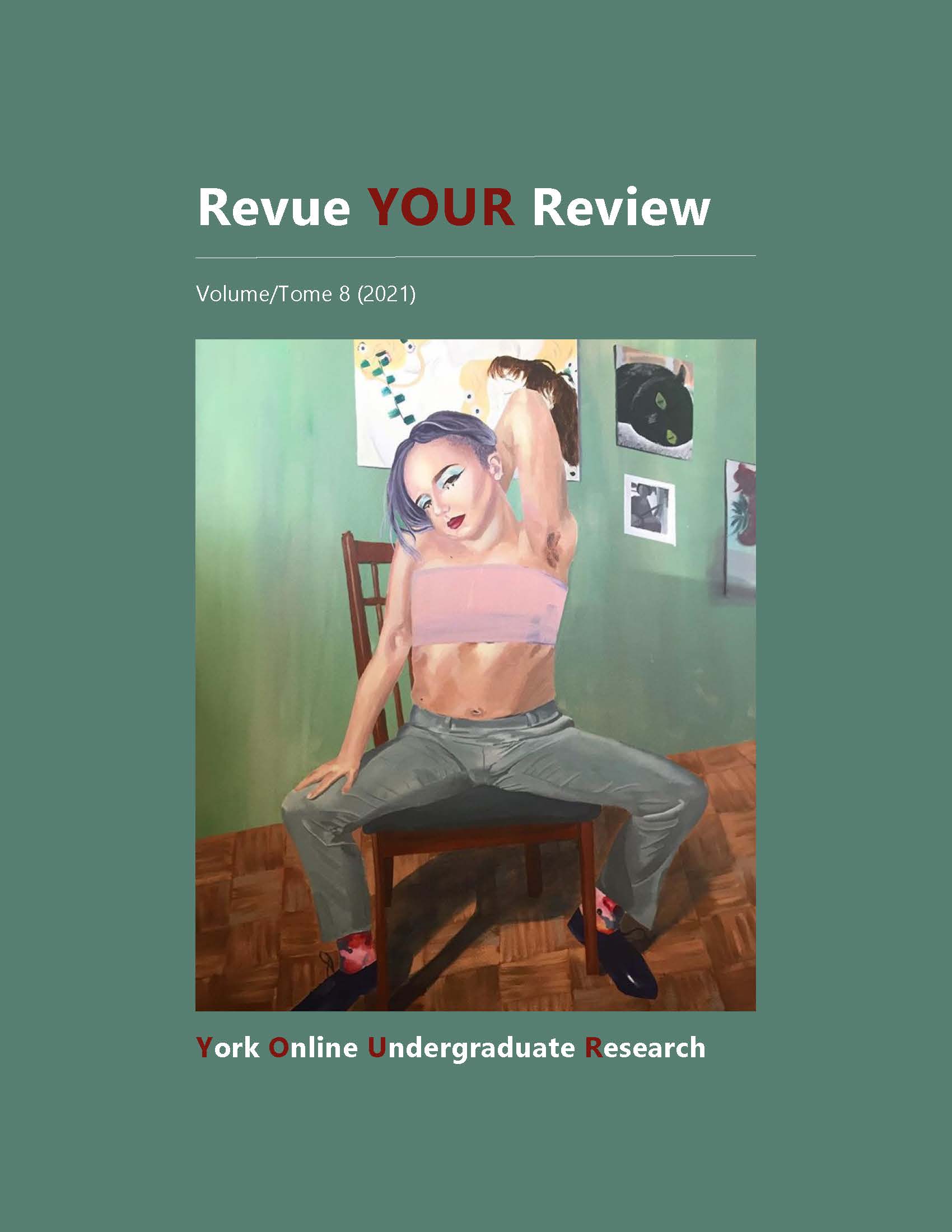An urban, ecological site analysis of Earl Bales Park
Résumé
This paper is part fieldwork, part storytelling, and part research and application of urban ecology theory in an actual physical space. The textbook Urban Ecology (2014), by Richard T.T. Forman, provides the backbone of urban ecological theory for this research. I expanded on Forman’s concepts by synthesizing environmental history work, local historical texts and maps, policy documents, contemporary news, and development documents. I've attempted to tell a story that merges local history, natural science, social science, and urban ecology as a whole, through my research and my own photographs from my field visits. I've outlined where and when the park lies in space and time, creating a geological and hydrological context. Using this, I hoped to create a timeline and ultimately better understanding of what and why the park is the way it is today—a conglomeration of multiple uses for Toronto's citizens. I narrowed in on an important concept in the field of urban ecology—balancing human urban development and managing ecological sustainability with regard to land use. My research and field work note a future development encroaching on the park lands, which will be a possible point of future research. This development could offer data points for a study of the effect of human densification in nearby urban park ecosystems. I also looked at the strengthening of a popular urban ecology element—wildlife corridors—and concluded that this park is a prime candidate for their implementation.
Téléchargements
Publié-e
Comment citer
Numéro
Rubrique
Licence
LicenceLes auteurs qui contribuent à la Revue YOUR Review acceptent de publier leurs articles selon une des trois catégories de la licence 4.0 : Creative Commons Attribution 4.0 International; Creative Commons Attribution-Pas d'Utilisation Commerciale 4.0 International; ou Creative Commons Attribution-Pas de Modification 4.0 International. Tout contenu éditorial de ce site ainsi que les affiches et les résumés sont sous la licence Creative Commons Attribution-Pas de Modification 4.0 International. Pour plus d’informations, veuillez voir :
https://creativecommons.org/licenses/
Dans tous les cas, les auteurs conservent leurs droits d’auteurs et concèdent à la Revue YOUR Review le droit de première publication. Les auteurs peuvent, par la suite, conclure d’autres accords de distribution non exclusifs de la version publiée dans ce périodique (par exemple, l’afficher à un dépôt institutionnel ou le publier dans un livre ou dans un autre périodique) à condition que la reconnaissance fasse mention de la publication originale dans la Revue YOUR Review.


